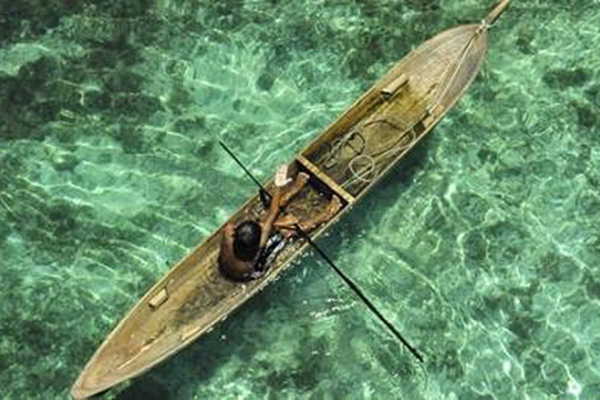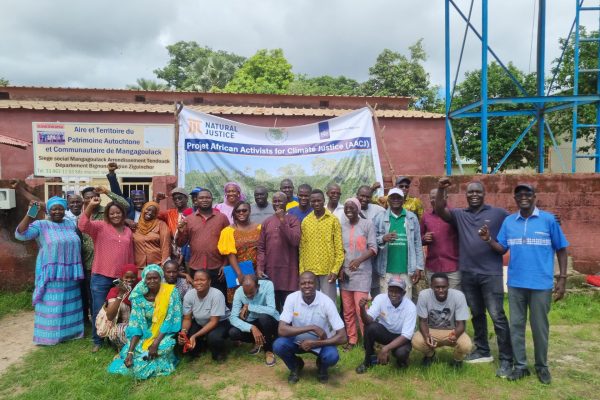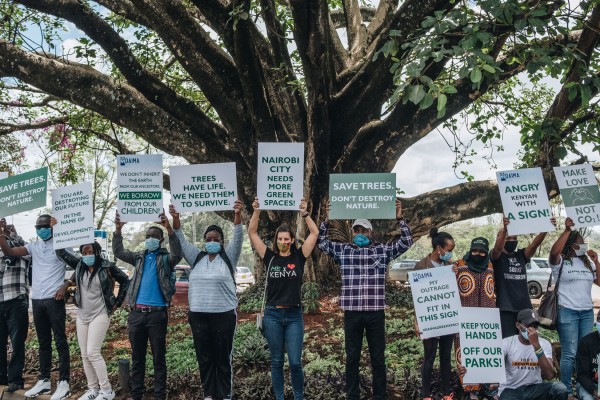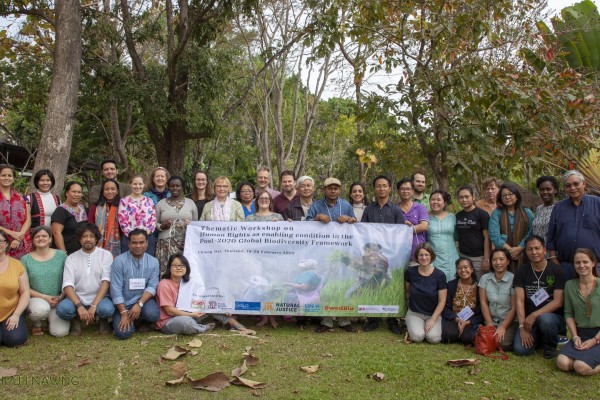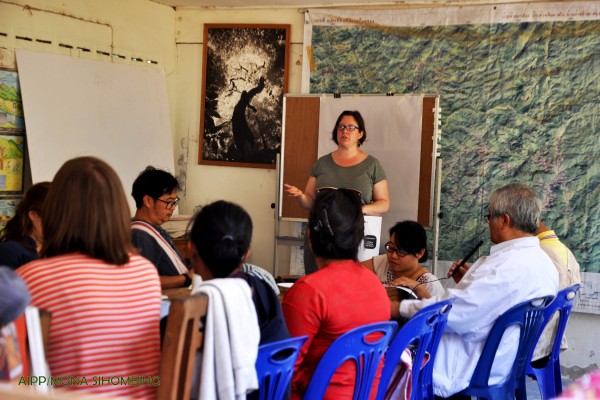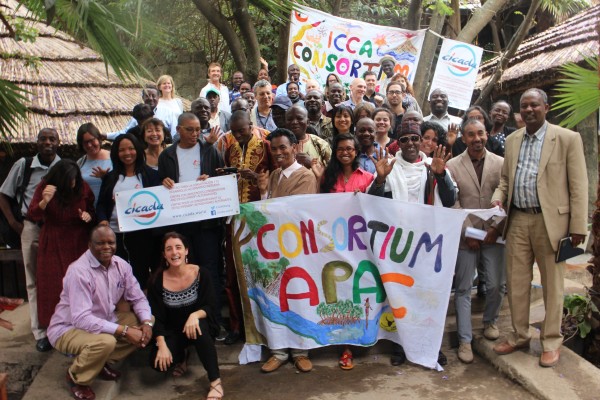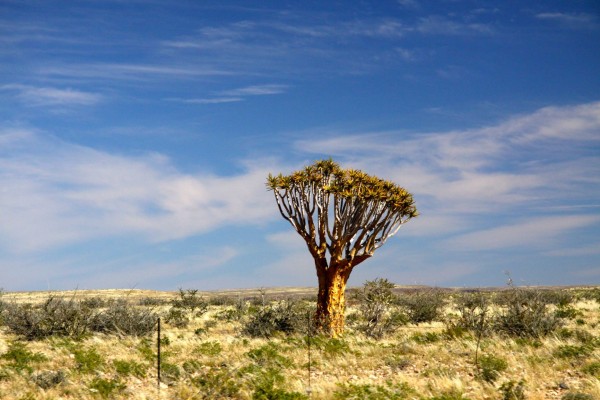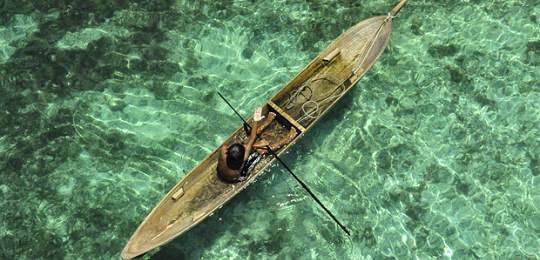 |
| A Bajau Laut child begging from tourists near Tun Sakaran Marine Park, Malaysia. (cc Harry Jonas) |
Despite increased recognition that conservation initiatives can violate the human rights of Indigenous peoples and local communities, addressing ‘unjust’ conservation remains a contemporary problem. The International Institute for Environment and Development (IIED) and Natural Justice are seeking feedback on a series of technical reports that aim to provide clear guidance about the human rights obligations of conservation actors, and specific details of the rights and forms of redress available.
Ahead of the World Parks Congress in Australia in November 2014, IIED is working with Natural Justice to systematically review and analyse relevant international law to answer the following three questions:
- Which actors bear human rights obligations and responsibilities in the context of conservation initiatives?
- What are their obligations and responsibilities?
- What are the grievance mechanisms available to peoples and communities in cases of violations of their human rights?
The results will be published in a three-part series of discussion papers and technical reports that will serve as an empirical basis for developing an accessible “Guide to Human Rights Standards for Conservation”.
The first in the series is “Human Rights Standards for Conservation, Part I: Which Standards Apply to Which Conservation Actors?” (July 2014). With a focus on issues relating to protected areas and Indigenous peoples and local communities, it provides the legal rationale for the human rights obligations of governments and their agencies, international organisations, businesses, and NGOs including funders.
Conclusions
- There is an evolving consensus that internationally agreed standards regarding the human rights of Indigenous peoples and local communities have been established through international instruments, custom, and other sources of international law;
- International law is a dynamic system that is now widely recognised as setting standards for non-State entities, including international organisations and businesses; and
- The social license of businesses to operate gives rise to their responsibility to respect human rights, and other entities with similar or even broader social licenses, such as NGOs, also have similar responsibilities to respect human rights.
Have your say
We are keen to receive feedback on our conclusions and comments on their implications, from a range of interested parties including the following non-exclusive groups: lawyers, conservationists, Indigenous peoples, and local communities.
To contribute, email Natural Justice’s Harry Jonas (harry@naturaljustice.org) or IIED’s Dilys Roe (dilys(dot)roe(at)iied(dot)org).
What’s next?
- “Human Rights Standards for Conservation, Part II” (expected in October 2014) will provide a review of the most up-to-date human rights standards relevant to protected areas, starting with a full revision of the existing Living Convention;
- “Human Rights Standards for Conservation, Part III” (expected in October 2014) will provide an assessment of existing formal and informal grievance mechanisms available to parties alleging infringement of their rights;
- A synthesis report based on Parts I-III will be produced in time for the World Parks Congress in Australia in November 2014, and will provide empirical input to a new ‘Social Compact’ that is under discussion at the Parks Congress as a way of building multi-stakeholder commitment to addressing planetary scale environmental problems.
Contact
Harry Jonas is a lawyer and co-founder of Natural Justice; Dilys Roe is a principal researcher in IIED’s Natural Resources Group and leader of the biodiversity team.
To provide comments or reflections on our plans and work so far, please email Harry Jonas (harry(at)naturaljustice(dot)org) or IIED’s Dilys Roe (dilys(dot)roe(at)iied(dot)org).
To be notified of future outputs in this series, email IIED’s Fiona Roberts (fiona(dot)roberts(at)iied(dot)org).

